|
|
|
Editor's note
|
|
It’s Sunday, and we’re all abuzz with news about honey. In light of Capilano’s fake honey scandal, we asked what fake honey is (and why didn’t official tests pick it up). And although bees hog the limelight, they’re not the bee all and end all – there are other creatures that make honey.
If you’re still stuck on honey from bees, check out our stories on Manuka honey, which is the bees' knees: it can clean your wounds, clear your skin and bless your children. Or can it?
And if you’re not a fan of sickly-sweet news, scroll to the bottom to get an update on colony collapse. It’s been ten years since the alarm was sounded – what’s changed? Could bee-stress be causing colony collapse? And should Australia ban potentially harmful pesticides?
We hope you enjoy these reads, enjoy your weekend and, as the great Auzzztin Powers said: bee-have!
|
Madeleine De Gabriele
Deputy Editor: Energy + Environment
|

|
|
Top story
|
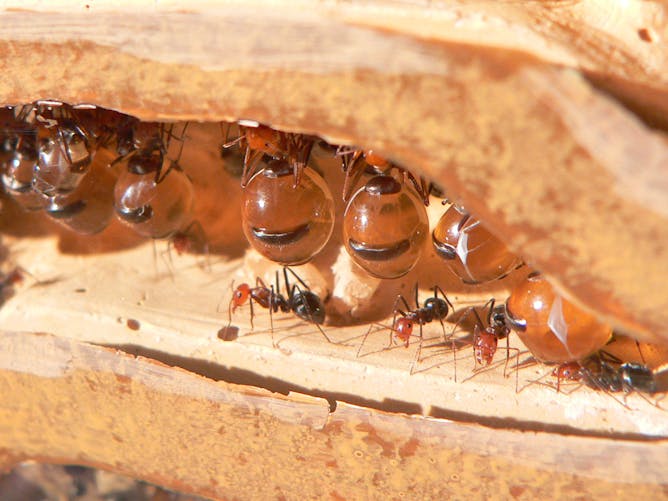
Myrmecocystus honeypot ants, showing the repletes, their abdomens swollen to store honey, above ordinary workers.
Greg Hume via Wikimedia Commons
Manu Saunders, University of New England
Honey might be synonymous with bees, but they're not the only insects that come up with the goods.
|
Bees
|
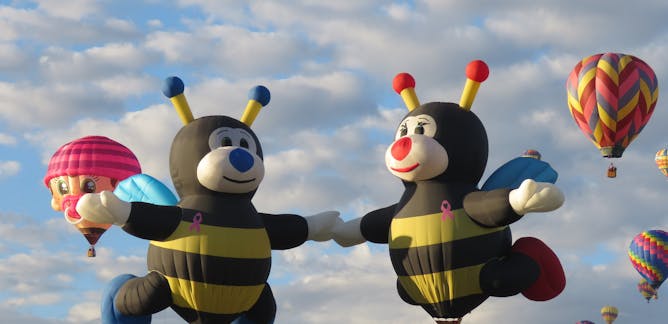
Emma Beckett, University of Newcastle
Australia's largest honey producer has been accused of selling fake honey. But what is fake honey – and why has it only been found now?
| |
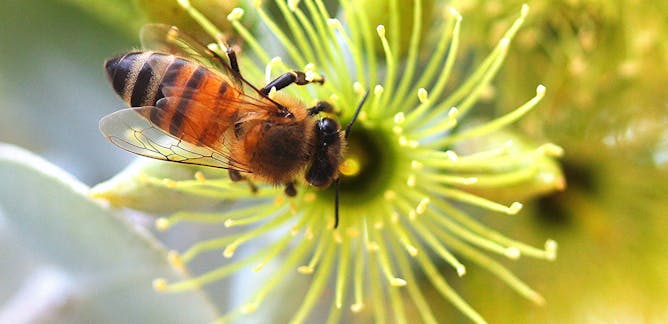
Kale Sniderman, University of Melbourne; Kia Matley, University of Melbourne
Australia's distinctive native plants give our honey a distinctive stamp. Welcome to melissopalynology: the study of pollen.
|

Manu Saunders, University of New England
Many fruits, nuts and other crops rely on bees to pollinate their flowers at just the right time of year. Many farmers rent bees to get the job done at pollination time.
| |
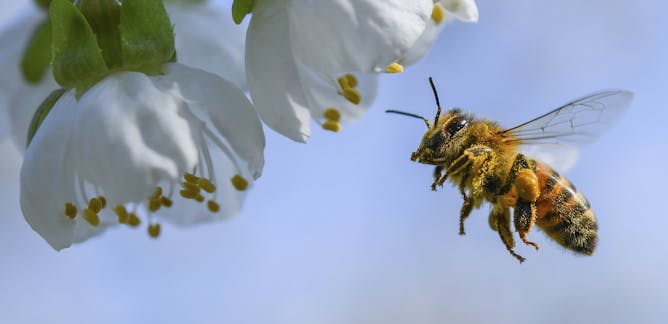
Brittney Goodrich, Auburn University
Pollination by commercially raised bees is important to a variety of crops but none more than California almonds. In turn, beekeepers depend on them.
|
|
|
Honey
|
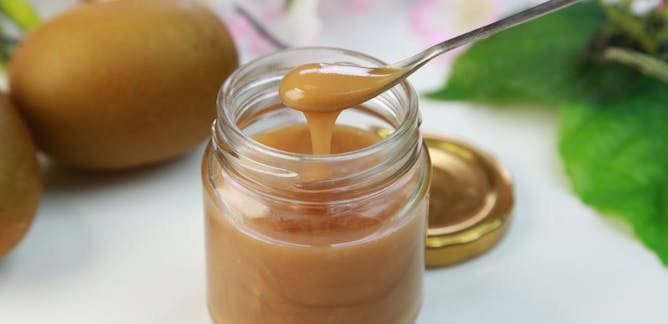
Nural Cokcetin, University of Technology Sydney; Shona Blair, University of Technology Sydney
Manuka honey has a lot of evidence-based benefits, and a lot of rubbish claims too.
| |
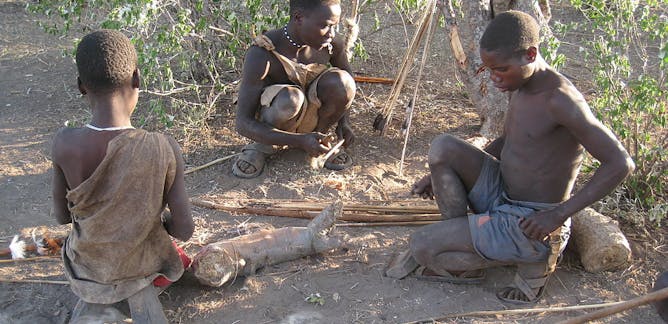
Claire Marriott, University of Brighton
The Hadza hunter-gatherer community get 15% of their calories from honey. If they can live on a high-sugar diet, why can't we?
|
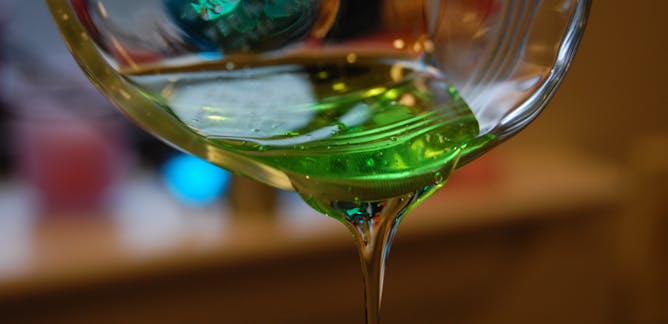
Christine Carson, Harry Perkins Institute of Medical Research
Bacteria are becoming increasingly resistant to antibiotics and we are approaching a time when there could be many bacteria resistant to all the antibiotics we have. So how do we stop over-using them?
| |
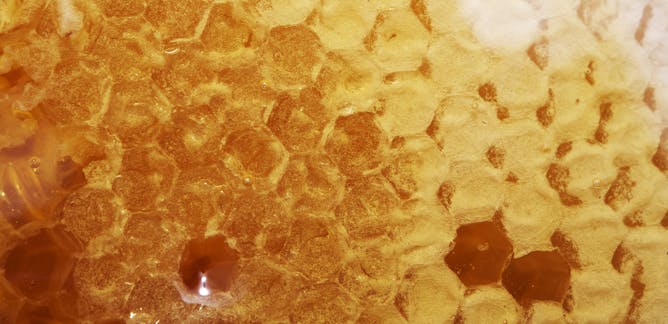
Rowena Jenkins, Cardiff Metropolitan University
It could yet become a powerful weapon in our medical arsenal.
|
|
|
Colony collapse
|
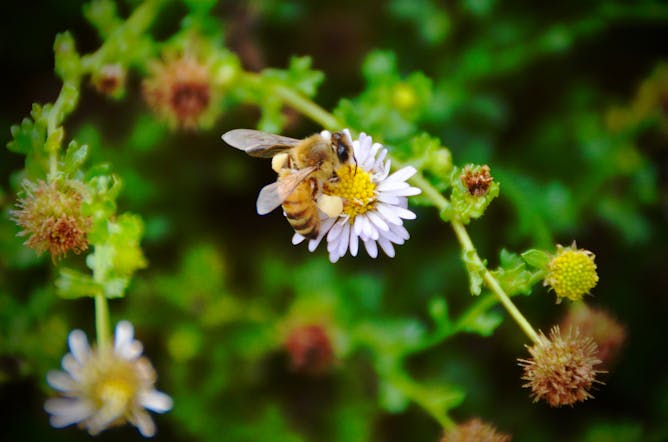
Bees have been living with the mysterious Colony Collapse Disorder for a decade.
Simon Klein
Simon Klein, Université de Toulouse III - Paul Sabatier; Andrew Barron, Macquarie University
It's a decade since US beekeepers first noticed that their bees were mysteriously dying. Now we know much more about Colony Collapse Disorder, raising hopes that we can turn bees' fortunes around.
|
|
|
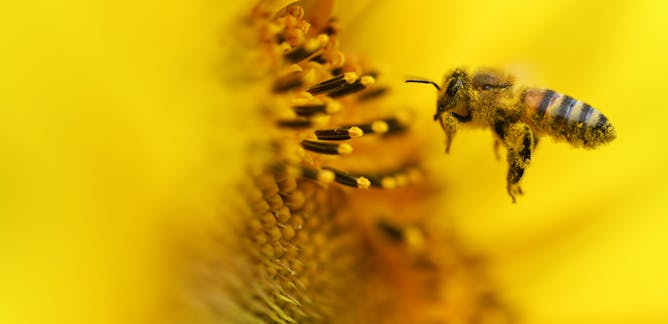
Amélie Cabirol, University of Trento; Andrew Barron, Macquarie University
The work honey bees do is critical for our ecosystems, but it comes at a high personal cost.
| |
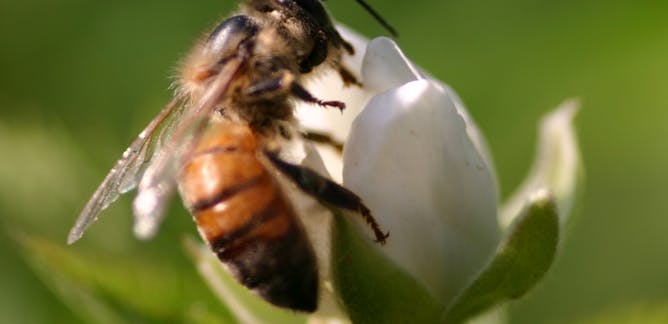
Nigel Andrew, University of New England
The European Union has just banned three pesticides thought to affect the learning behaviour of bees. The two-year ban, which takes effect in December, is in response to a dramatic drop in bee numbers…
|
|
|
| |
Featured jobs
|

|
La Trobe University — Miami, Oklahoma
|

|
University of Melbourne — Melbourne, Victoria
|

|
RMIT University — Melbourne, Victoria
|

|
Deakin University — Melbourne, Victoria
|
|
|
|
| |
| |
| |

|
| |
| |
| |
Featured events
|

|
Crawford School of Public Policy, 132 Lennox Crossing, Acton, Australian Capital Territory, 2601, Australia — Australia New Zealand School of Government
|
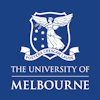
|
Kathleen Fitzpatrick Lecture, Arts West Building at the University of Melbourne, Melbourne, Victoria, 3010, Australia — University of Melbourne
|

|
ATC 101 Lecture Theatre, Level 1, Advanced Technologies Centre, Swinburne University of Technology, 401 - 451 Burwood Rd, Hawthorn, Victoria, 3122, Australia — Swinburne University of Technology
|

|
19 Ancora Imparo Way, Clayton campus, Clayton, Victoria, 3800, Australia — Monash University
|
|
|
|
| |
| |
| |
| |
| |
|
|
|
|
|
|
|